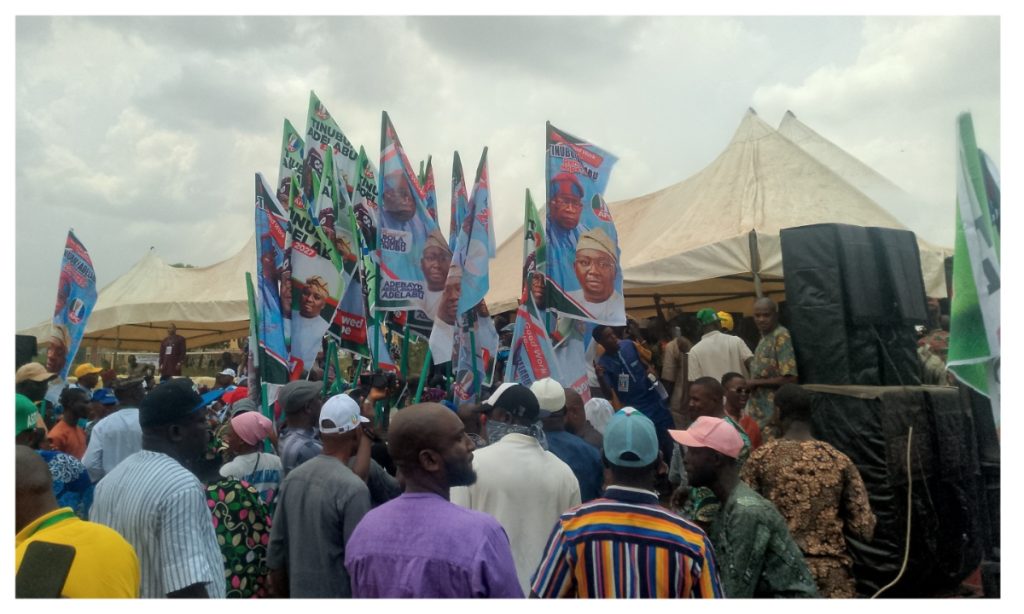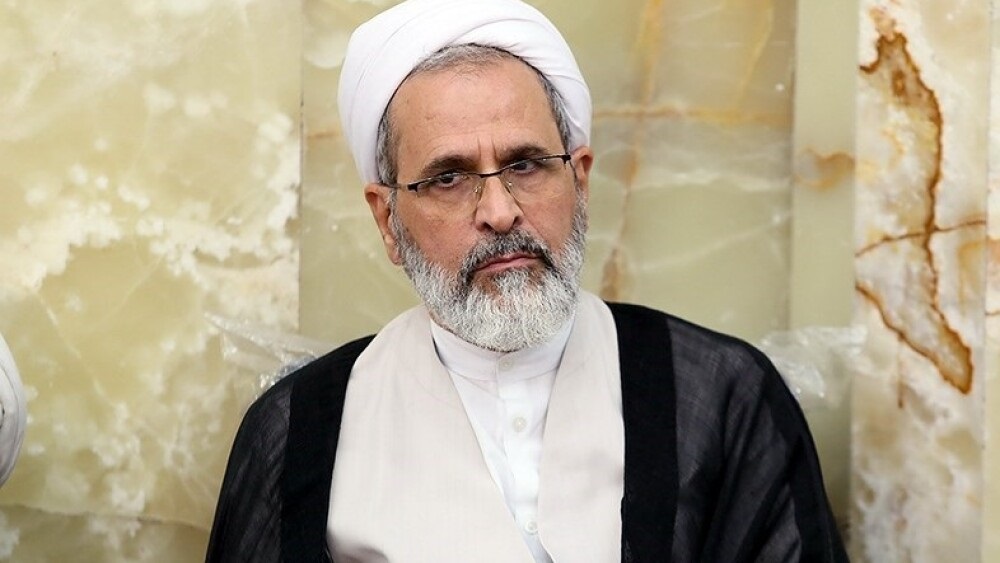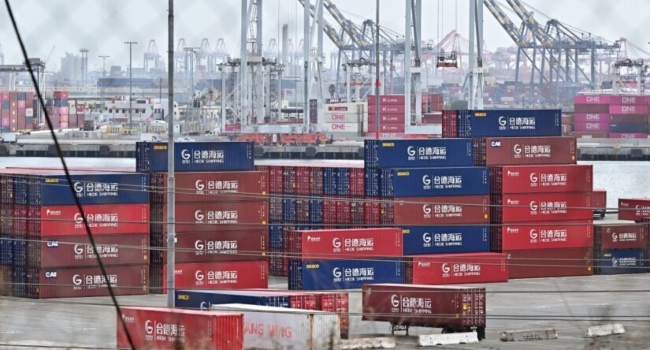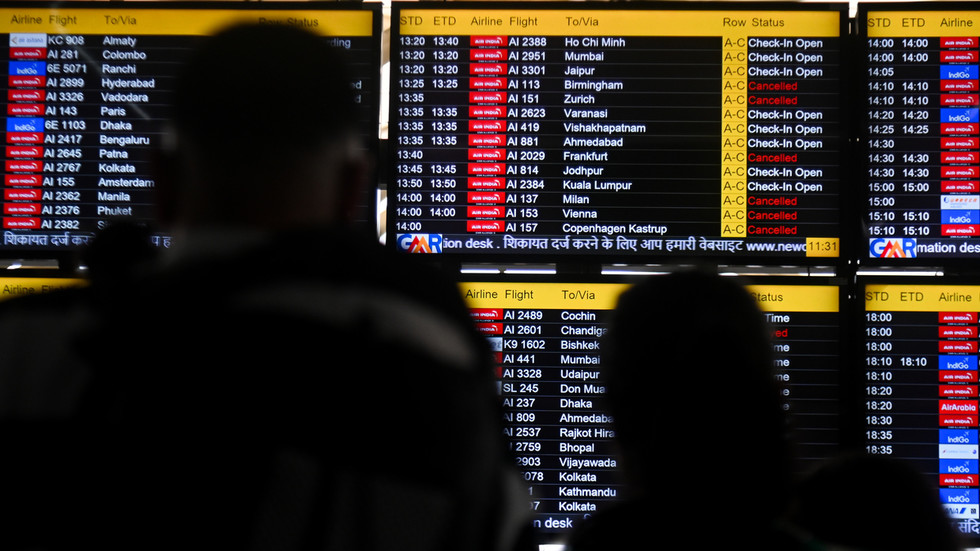President Félix Tshisekedi of the Democratic Republic of Congo (DRC) announced a limited but strategic reshuffle of his government on Friday, marking the first significant cabinet changes since nationwide political negotiations began earlier this year. While the adjustments appear measured at a glance, analysts suggest they signal efforts to unify rival factions and bolster stability ahead of the country’s 2028 presidential election.
The reshuffle notably integrated two opposition figures into key roles. Adolphe Muzito, a former prime minister who later became a critic of Tshisekedi’s administration, was appointed vice prime minister and minister of the budget. Floribert Anzuluni, leader of the opposition party Ensemble pour le Changement (Together for Change), was named minister of regional integration. Their inclusion, experts say, may reflect a bid to bridge political divides and dilute opposition criticism, particularly as Tshisekedi’s Union for Democracy and Social Progress (UDPS) party seeks broader consensus.
Other cabinet members retained positions but shifted roles. Eve Bazaiba, previously environment minister, moved to lead the social affairs portfolio, while Aimé Boji transitioned from the budget ministry to industry. Prime Minister Judith Suminwa, appointed in April as the DRC’s first female head of government, remains in her post, underlining continuity in the executive branch.
The changes follow months of public anticipation after Tshisekedi initiated political consultations in January, pledging to address governance challenges and foster inclusivity. Long-standing issues such as economic inequality, armed conflicts in eastern provinces, and public dissatisfaction with service delivery have tested the administration. Critics argue the reshuffle stops short of broader reforms but acknowledge its potential symbolic value.
“This isn’t a revolution, but it’s a calculated gesture,” said Kinshasa-based political analyst Didier Muyaya. “By co-opting opposition voices and redistributing roles within his coalition, Tshisekedi is likely aiming to stabilize his base and project unity before the next election cycle.”
The DRC, Africa’s second-largest country by land area and a major producer of copper and cobalt, has faced persistent instability since Tshisekedi’s contested 2018 victory. His re-election in December 2023, criticized by opposition groups as marred by irregularities, heightened tensions. The new cabinet’s composition appears tailored to address both domestic governance and regional diplomacy, with Anzuluni’s regional integration role seen as critical amid border disputes and security crises involving neighboring Rwanda.
As the 2028 polls approach, observers note that public patience for tangible progress remains thin. The reshuffle’s success, experts say, will hinge on whether the inclusion of opposition figures translates into policy shifts or merely serves as political optics. For now, the move underscores Tshisekedi’s balancing act: maintaining control while navigating demands for broader representation in a nation weary of decades of turmoil.



